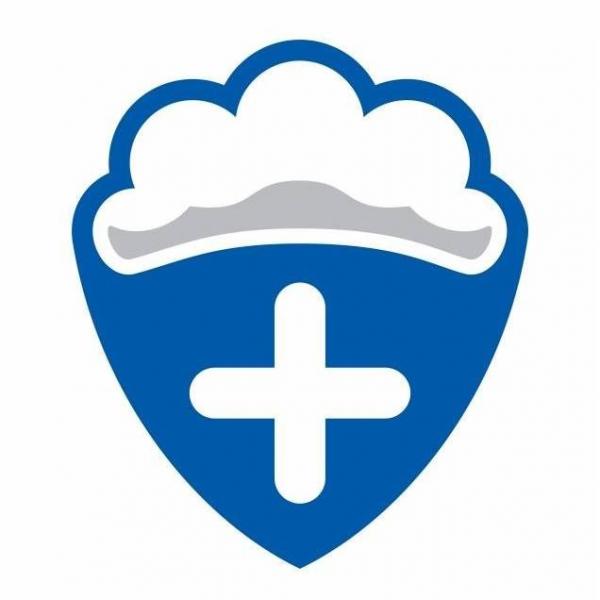Cloud County Commission Discusses KDHE Updates on Isolation and Quarantine Guidance

The Cloud County Commission met with County Health Department Administrator Brandi Bray to discuss the Kansas Department of Health and Environment's (KDHE) updated COVID-19 isolation and quarantine guidance for health care workers in a hospital setting and the general population on Monday, January 3rd.
Cloud County reported more than 150 total cases for the third consecutive month in December. A total of 167 cases were recorded last month, while Bray says the health department is still waiting on nearly 40 results from tests performed December 27th through December 30th.
Reported COVID-19 cases in Cloud County have steadily risen since August 2021 with the increased presence of the Delta variant in Kansas. The Delta variant is highly contagious – more than twice as contagious as previous variants – and makes up the vast majority of new COVID-19 cases in the state.
In 2021, Cloud County hit its highest monthly increase in COVID case numbers in November. The Cloud County Health Department reported 257 confirmed cases then. Cloud County reported its highest record number of infections last year on December 1, 2021 with 27 cases tallied that day.
In the past five months, Cloud County has averaged 5.2 new cases per day.
Last week, KDHE updated the isolation and quarantine guidance following the recent changes by the Centers for Disease Control and Prevention (CDC) for health care workers in a hospital setting and the general population. CDC is in the process of updating guidance for other settings such as correctional facilities, long-term care facilities, preschool, K-12 schools and institutions of higher education.
Health Care Workers in a Hospital Setting
- Health care workers with lab confirmed COVID-19 infections should isolate for 10 days OR 7 days with negative test, if asymptomatic or mildly symptomatic (with improving symptoms).
- Health care workers with COVID-19 who are asymptomatic or mildly symptomatic can return to work only with COVID-19 positive patients during the remainder of the 10-day infectious period.
- Boosted and asymptomatic health care workers who are close contacts of a person with confirmed COVID-19 infection have no work restrictions with negative test on days 2 and 5-7.
- Not boosted and unvaccinated asymptomatic health care workers who are close contacts of a person with confirmed COVID-19 infection must quarantine for 10 days OR 7 days with a negative test.
General Population
The general population does not include people who work in a health care setting or other congregate setting. If individuals develop symptoms, they should get a test and stay home.
- People with lab confirmed COVID-19 infections, regardless of vaccination status should stay home for 5 days. If you have no symptoms or your symptoms are resolving after 5 days and you are fever-free for 24 hours without the use of fever reducing medications, you can leave your house. Individuals should continue to wear a mask around others for 5 additional days.
- Boosted or fully vaccinated individuals with Pfizer/Moderna within last 6 months or Johnson & Johnson within last 2 months who are close contacts of a person with confirmed COVID-19 infection do NOT have to stay home and should wear a mask around others for 10 days. If possible, individuals should get tested on day 5.
- People who are unvaccinated OR have completed the primary series of Pfizer/Moderna vaccine over 6 months ago and are not boosted OR completed the primary series of Johnson & Johnson over 2 months ago and are not boosted who are close contacts of a person with confirmed COVID-19 infection should stay home for 5 days. After that continue to wear a mask around others for 5 additional days. If unable to quarantine, individuals must wear a mask for 10 days. If possible, individuals should get tested on day 5.
The greatest concern is for Kansans who are unvaccinated as data shows that the Delta variant in Kansas – and the rise of the Omicron variant – causes more severe illness among these individuals. The COVID-19 vaccines reduce a person’s risk of contracting the virus, including this variant, and they have been shown to prevent severe disease and death.
As of December 17, 2021, 53% of Cloud County residents are fully vaccinated, meaning they have received the second dose in a two-dose COVID-19 vaccine series or one dose of the single-shot J&J/Janssen vaccine.
